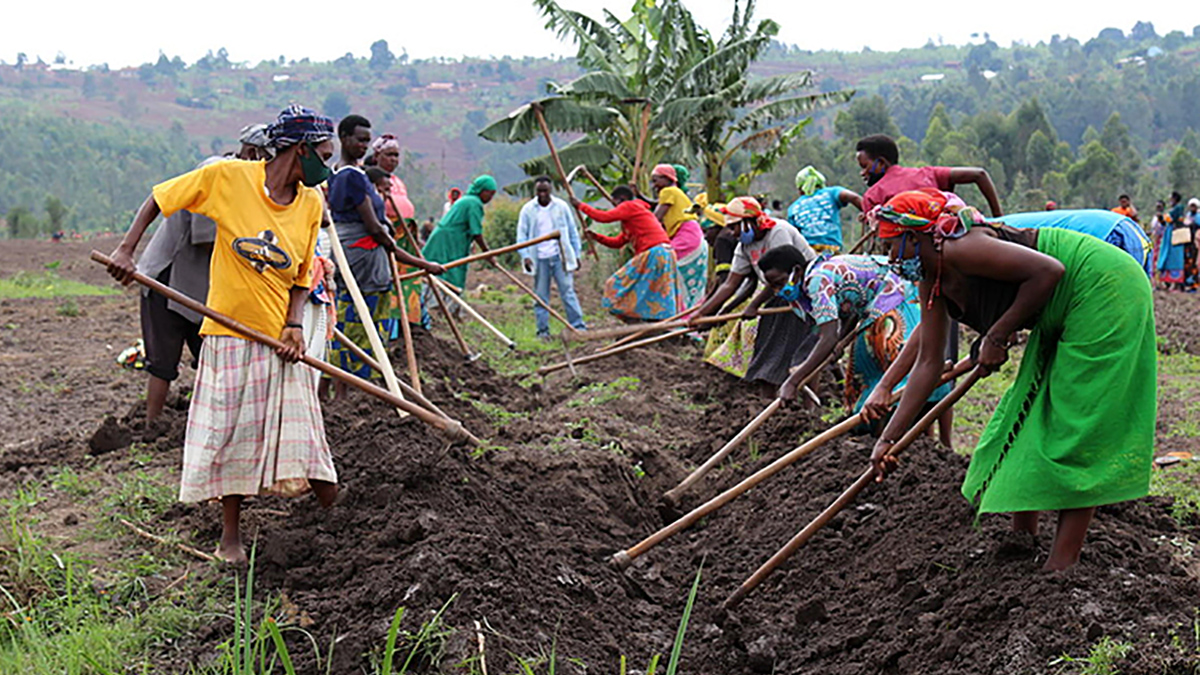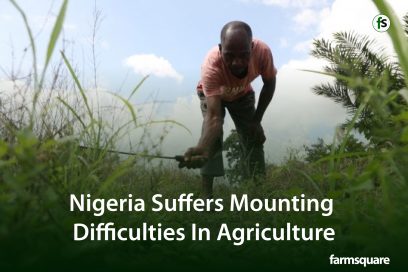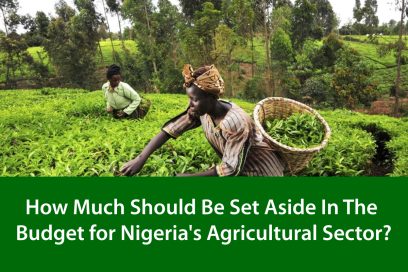- You have no items in your shopping cart
- Subtotal: ₦0
Increasing women’s access to farm land can improve food security, productivity, and welfare in Nigeria. Given that women play a key role in agricultural development and the need to improve Nigeria’s food security, experts advocate land reform, to increase women’s access to agricultural land and funds. Partnership for Economic Policy, PEP, revealed in a study that insufficient access to agricultural funds and land is a major problem facing the Nigerian agricultural sector. PEP research team member Emily Ikhinde said in a speech that although women provide more than 70% of Nigeria’s agricultural labor force, many agricultural activities targeted at women have not been measured or paid for and as such their productivity is not. Therefore, your productivity will not be considered. She explained, “Women farmers get less than 10% of the credit provided by small farmers, and because of rising prices, they cannot get agricultural inputs such as seedlings and high-yield fertilizers. Because customary laws do not recognize women’s land ownership, men are five times more likely to own land than women.
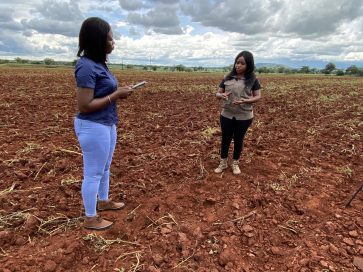
When talking about how to improve food security and agricultural processes in rural areas, Opeyemi Akinyemi, the head of the PEP research team, said that the government should do more with special funds for agriculture and rural electrification. In terms of rural electrification, we found that the supplementary plan would provide the best share of government funding. Akinyemi pointed out that maintaining support for women in agriculture is crucial, and the impact of rural electrification on women’s productivity must be considered. She said: “Nigeria needs a hybrid system and supplements existing policies with other productivity-enhancing policies, which will expose women to the risk of benefiting from rural electrification plans and agricultural policies being implemented by the government.” “The Rural Electrification Fund is a mixed system involving the government and the private sector.
We have a government subsidy agreement and investors provide some funding. However, our most important political message is to show the government that the best policy results or initiatives are mutually reinforcing. The subsidy alone is not enough to achieve the government’s goals. What will help the government is to supplement the subsidy with other programs to support women’s agricultural and household productivity, she concluded.
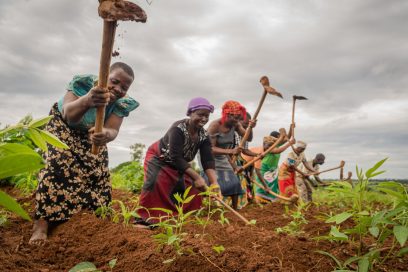
Ifeoma Anyawu, the head of the Gender Equality Department of the Ministry of Agriculture, talked about how to increase the productivity of agricultural women and encourage them to work as companies rather than as silos in order to facilitate access to funds, obtain and ensure product standardization, and to also benefit from the information provided by metrological agency to to minimize the impact of climate on agricultural activities.

